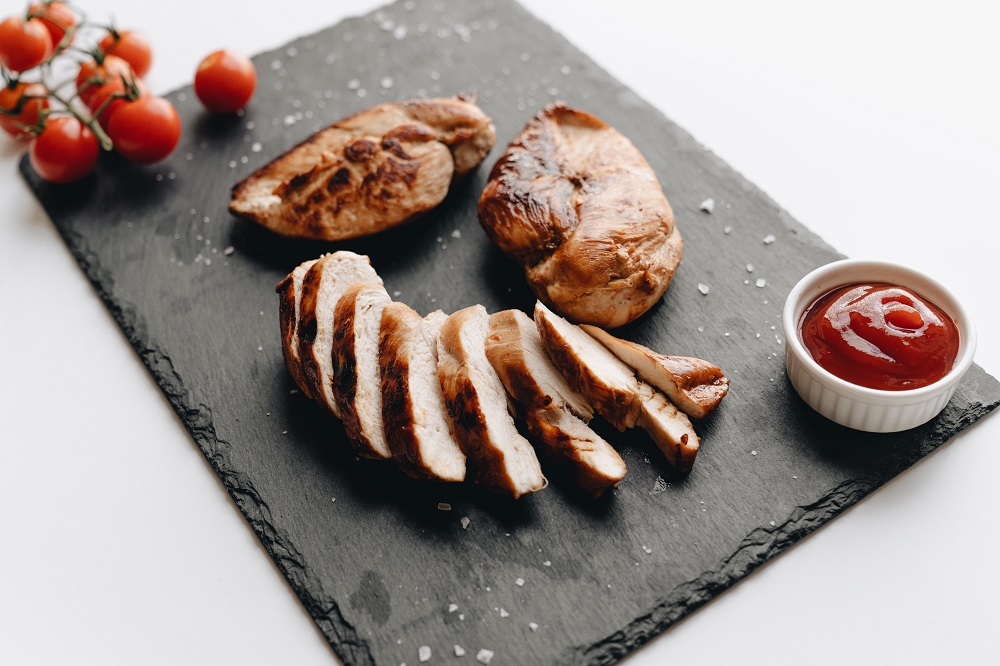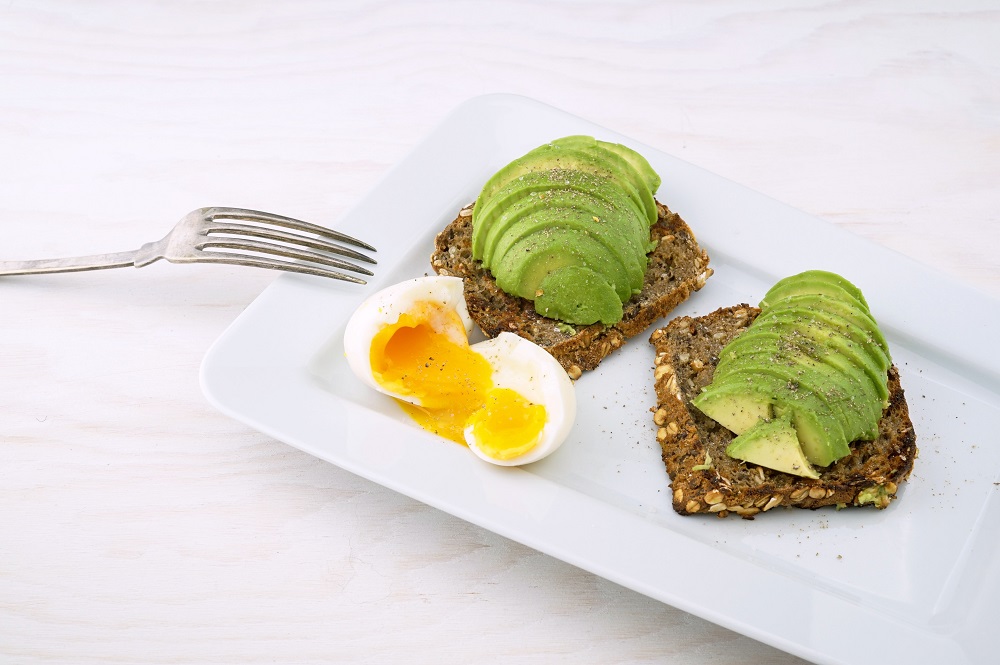Building muscle and strength requires patience and smart decisions. From the way you train, what you eat, and supplement your body with, everything should be carefully considered. In bodybuilding, there’s a phase called bulking, where a practitioner progressively increases the calories consumed coupled with intensified training.
It goes without saying that you need to ingest more calories than you can burn. At the same time, you need to take in a lot of protein to support muscle growth. So how do you balance these? And how do you ensure that you don’t earn fat instead of muscle from all that eating?
Protein and calorie intake are both essential in creating muscle mass. Complement a healthy and well-balanced diet with sensible training routines to gain the physique of your dreams. Here’s how to rev up the process:
Set a Realistic Goal
Let’s face it. In almost everything that you do, you need to set realistic goals to stay eager and motivated. Gaining muscle mass is no different. Generally, you won’t be able to lose more than one pound of fat in a week. Inversely, you can’t gain more than half a pound of muscle in the same period.

It’s important to know your maintenance level calories, which will be discussed in the succeeding sections, as bulking requires that you increase caloric intake until you’ve reached your muscle-gaining objectives.
Eat Right to Gain Lean Weight
Fuelling your workout the right way is one of the key elements in muscle-building. When going to the gym, for instance, it’s always best to have eaten meals at least an hour prior to the task to avoid problems.

In addition, experts suggest that taking lean protein from 15 to 20 minutes before, during, and within one hour of exercising may help enhance muscle gain. Plus, because you’re likely engaging in more intense workouts when you’re adding up the bulk in your muscles, it also follows that you must eat a lot. According to experts, you need an estimated 2,800 calories to build a pound of muscle.
Take the Right Supplement(s)
From testosterone boosters, growth hormone augmenters to muscle volumizers, there are hordes of supplements in the market today that promise users to achieve their dream physique in no time. In most cases where a gym-goer does not have bulking objectives, protein powder and creatine are enough. Protein bars, mass gainers, and other types may be beneficial, too.

For many years, bodybuilders turned to Trenbolone before it was declared unlawful. Fortunately, Trenorol, a legal substance and steroid supplement has taken its rightful place. It duplicates the benefits of Trenbolone without its harmful side effects. This article explains the benefits of Trenorol supplementation for bulking up.
Calculate Your Maintenance Calories
As caloric intake is the key to bulking, you need to know how many calories you need to consume while performing your basic activities. One of the key concepts is the basal metabolic rate (BMR), which refers to the rate at which your body uses energy while at rest to keep its life-sustaining functions, such as breathing and keeping warm.
Choose the Right Protein Sources
Don’t just stock up on calories aimlessly, though. To gain the muscle you need, focus on high-quality protein sources, which include beef, chicken, fish, eggs, and yogurt. The good thing about these foods is that they’re packed with essential amino acids, which is what you need if you want to gain more muscles.

Among the amino acids, the best perhaps is leucine, which is a branched amino acid that triggers the production of muscles.
Plasma amino acid concentrations increase with protein intake and increases in muscle protein synthesis are dependent on leucine concentrations.
Yoshii, N., Sato, K., Ogasawara, R., Nishimura, Y., Shinohara, Y., & Fujita, S. (2018). Effect of Mixed Meal and Leucine Intake on Plasma Amino Acid Concentrations in Young Men. Nutrients, 10(10), 1543. Article available at https://doi.org/10.3390/nu10101543
Consume 50 mg per kg of body mass of leucine daily, which can be found in chicken, tofu, and tuna. Consider taking protein supplements if you think you need one.
Don’t Forget the Carbs
You don’t have to forget about calories, being that they’re the primary fuel for your workouts and other activities. Carbohydrates are likewise key in muscle recovery, helping you get ready for your next bout after an intense exercise. Whole-wheat pasta, bread, rice, and oats are the ideal sources of carbohydrates for those who want to sustain the demands of an intense workout.
Eat Healthy Fats
Fats are energy-packed macronutrients, so don’t forget to include them in your diet. Hence, eating healthy fat is a great way to augment your calorie intake. But eating the right kind, and in the right portions, are essential.

Choose mono and poly-unsaturated fats, such as nuts, avocado, dairy products, and seeds. These healthy fats enhance fat loss as they take time to digest.
Tailor Your Training to Bulk
It’s highly recommended for bulking practitioners to switch their routines. For instance, if you keep on performing exercises for muscular arms, your body may eventually develop some kind of ‘immunity,’ making the said exercise routine loses its impact. This is called training adaptations, another fundamental principle in bulking.
Increase the duration of basic workouts such as compound and resistance exercises, high-intensity training, and full-body activities to increase your chances of developing your muscles.

Try pushing your body to the limit. Your muscles should be given the opportunity to work on new routines to develop them. Changing your exercise type, and increasing the intensity as well as the duration, helps you achieve your bulking goals faster.
The Bottom Line
As with other things, muscle-building takes time. Proper diet, exercise routines, and supplements all contribute to faster muscle growth, but they’re not some magic formula that works overnight.
Working smart is key to successful bulking, and the points discussed in this article will help you make informed decisions on how to go through your journey without significant snags.